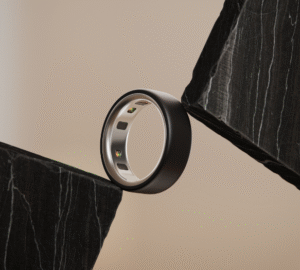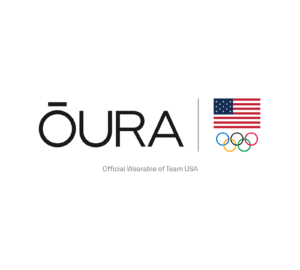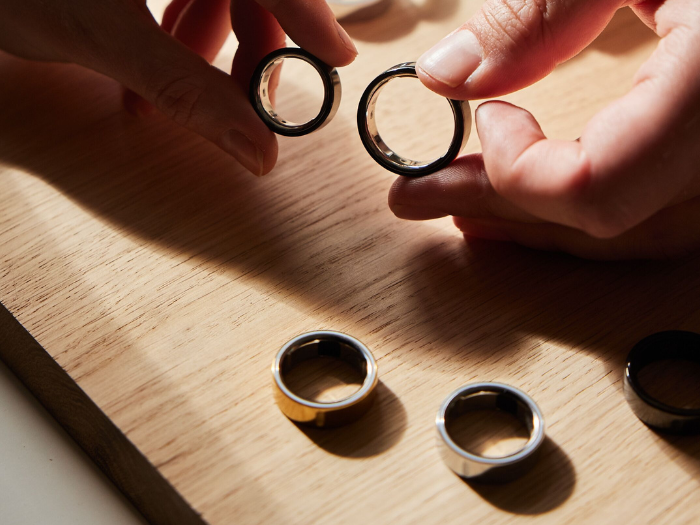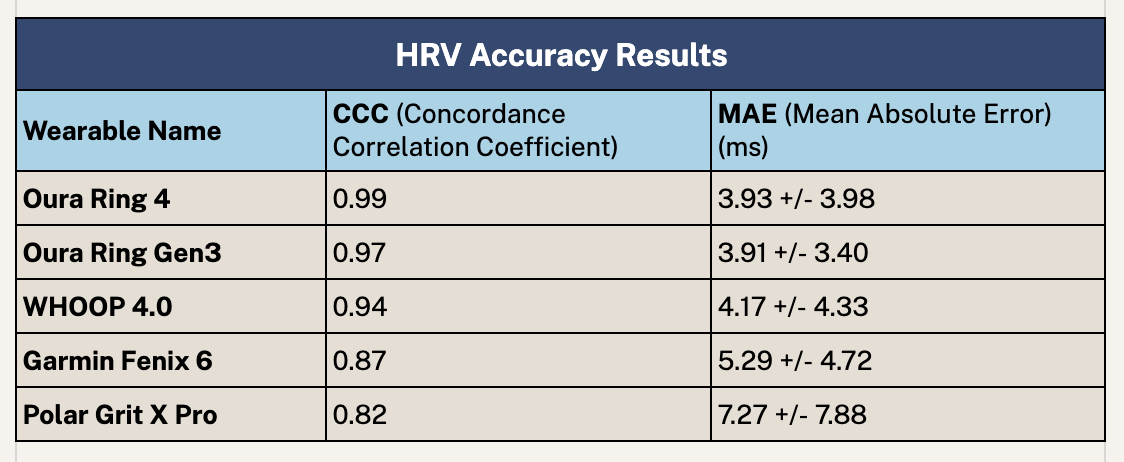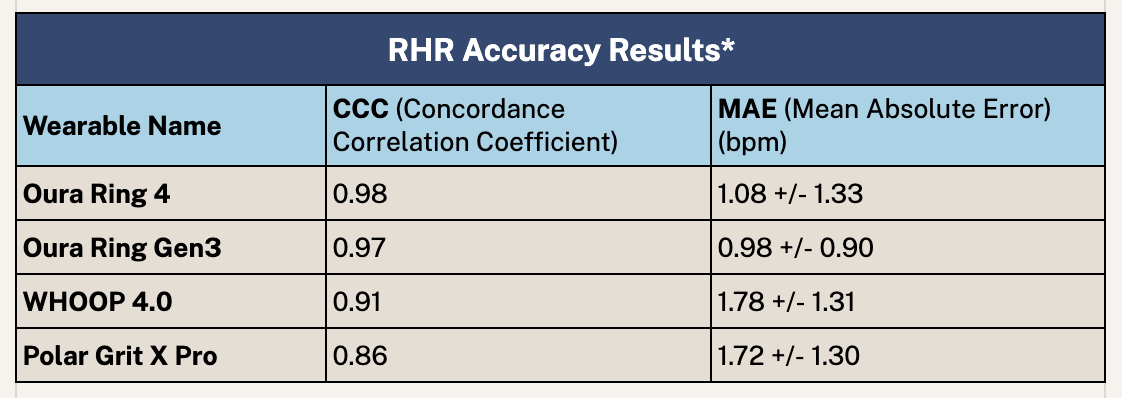Heart rate variability (HRV) and resting heart rate (RHR) are among the most important vital signs tracked by consumer health wearables, providing insights into individuals’ overall health, recovery, and sleep quality.
A new, independent peer-reviewed study published in The Physiological Society found that Oura Ring Gen3 and Oura Ring 4 consistently showed the strongest agreement for both HRV and RHR measurements, outperforming devices from WHOOP, Garmin, and Polar.
These study results come on the heels of a recent study by a top U.S. hospital that found Oura Ring to be the most accurate consumer sleep tracker, further validating Oura Ring as the most trustworthy consumer wearable for health data and strengthening our leadership in health-tracking accuracy.
RELATED: The Accuracy Advantages of Finger-Worn Wearable Devices
Study Design
The study involved 13 healthy participants at Wright-Patterson Air Force Base (Ohio, USA), as well as university students and staff at The Ohio State University. Data was collected from over 500 nights of sleep.
Five consumer wearable devices were included in the study, including Oura Ring 4, Oura Ring Gen3, Garmin Fenix 6, Polar Grit X Pro, and WHOOP 4.0. The Polar H10 chest strap was used as the criterion measurement.
The study was funded by the Air Force Research Laboratory (AFRL) and the authors declared no competing interests.
Study Results
After analyzing the wearable data against the criterion assessment, researchers consistently observed the strongest accuracy for Oura Ring Gen3 and Oura Ring 4, compared to other wearables.
*Garmin was excluded from RHR analysis due to reporting timestamp of RHR calculation, preventing alignment with Polar H10 data.
Discussion
Overall, agreement ranged from poor to substantial across tested devices, researchers note, with the strongest accuracy consistently observed for Oura Ring 4 and Oura Ring Gen3.
This study also highlights the “nearly identical performance” across all RHR and HRV metrics in both Oura Ring 4 and Oura Ring Gen3. As the researchers note:
“This consistency suggests that the algorithmic and hardware performance is stable across both products. Researchers, clinicians, and customers can be confident that Oura Generation 3 and Generation 4 devices provide consistent physiological metrics during sleep. This is especially important when using these devices for longitudinal intervention studies or self-monitoring.”
Additionally, a significant advantage of this study is the fact that it was conducted within a real-world, home-based setting. This approach mirrors typical customer usage, allowing for natural variations in sleep conditions such as body position, room temperature, and potential distractions or interruptions.
Unlike controlled laboratory validation studies, this methodology tested the wearable devices‘ ability to maintain signal accuracy despite these diverse sleep settings.
READ MORE: Oura’s New Sleep Staging Algorithm: More Accurate Than Ever Before







